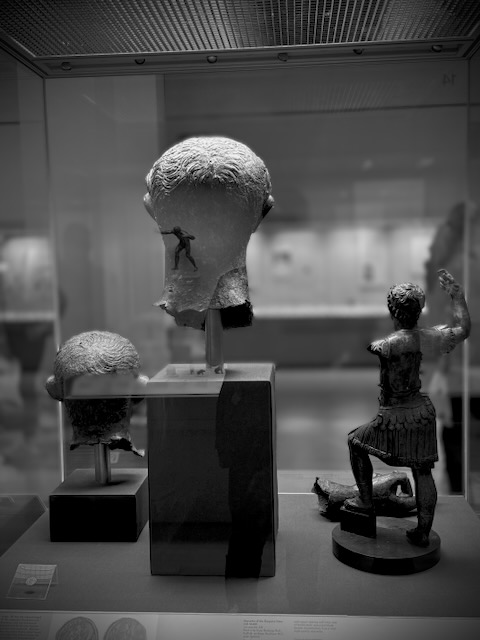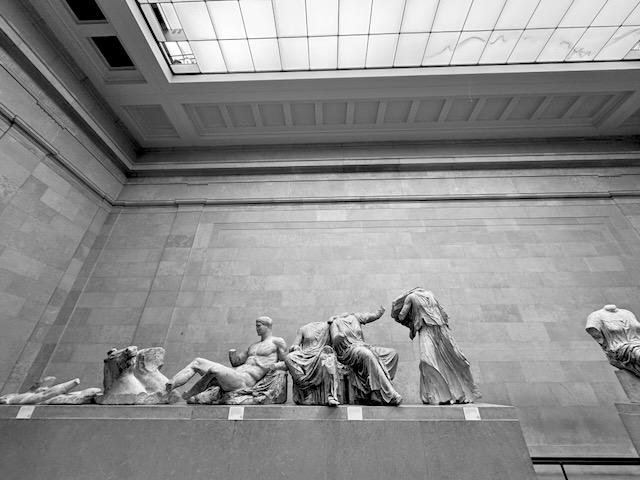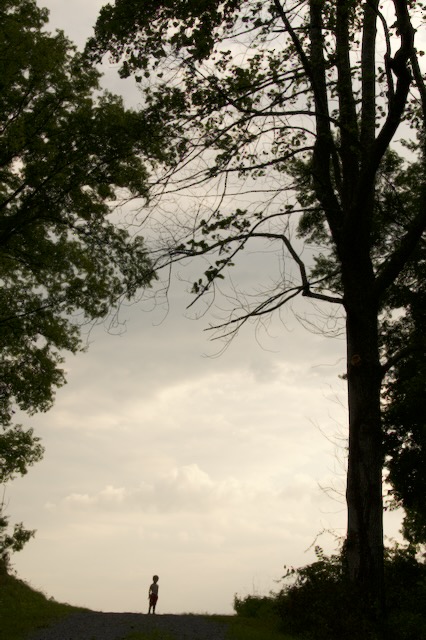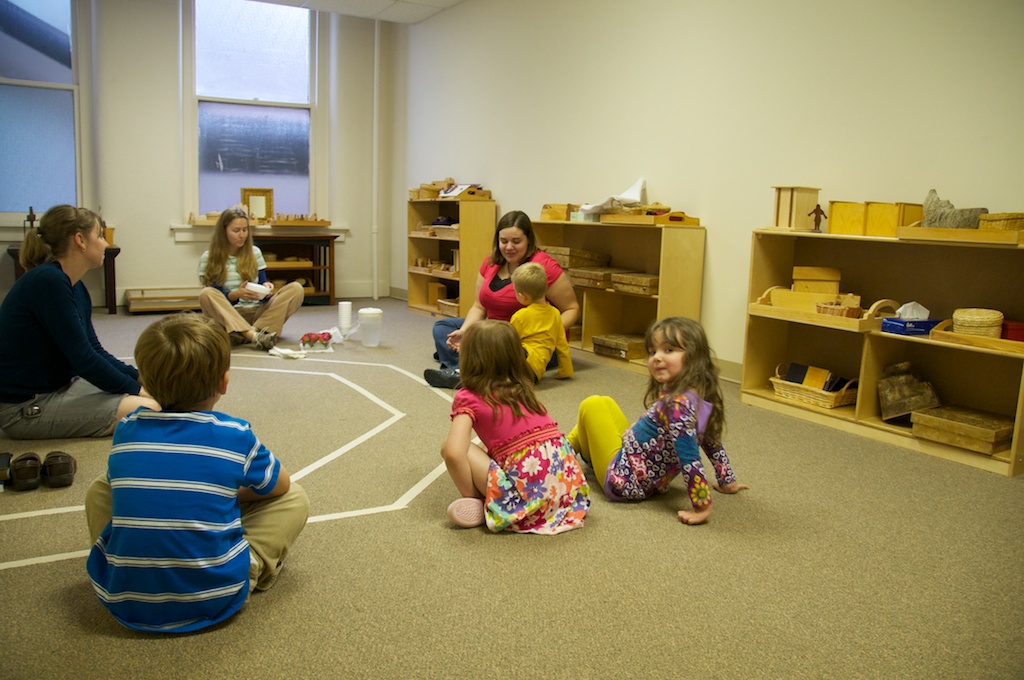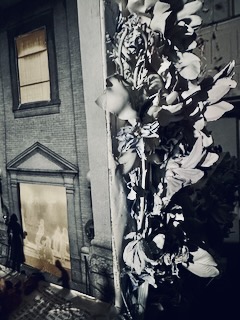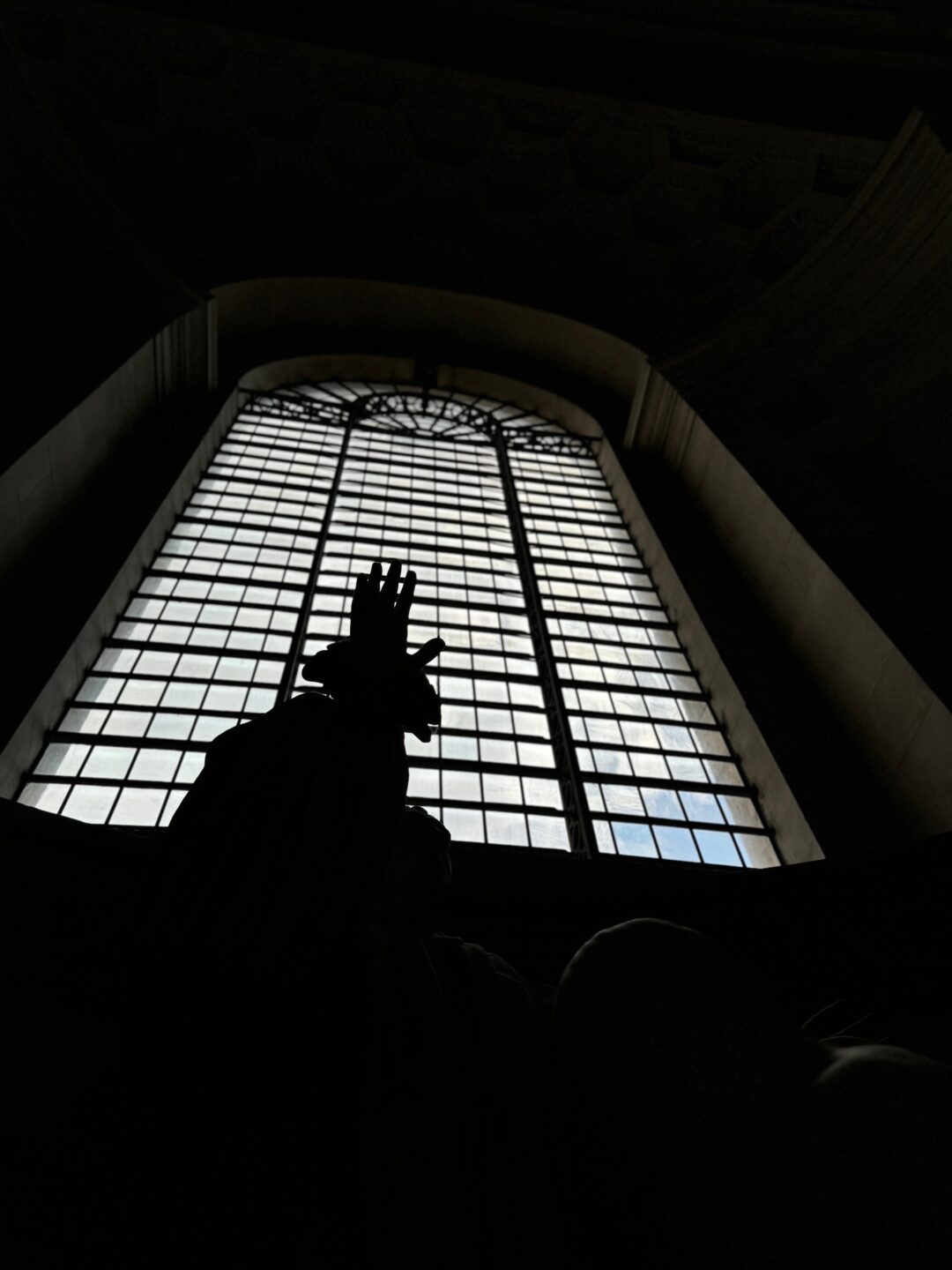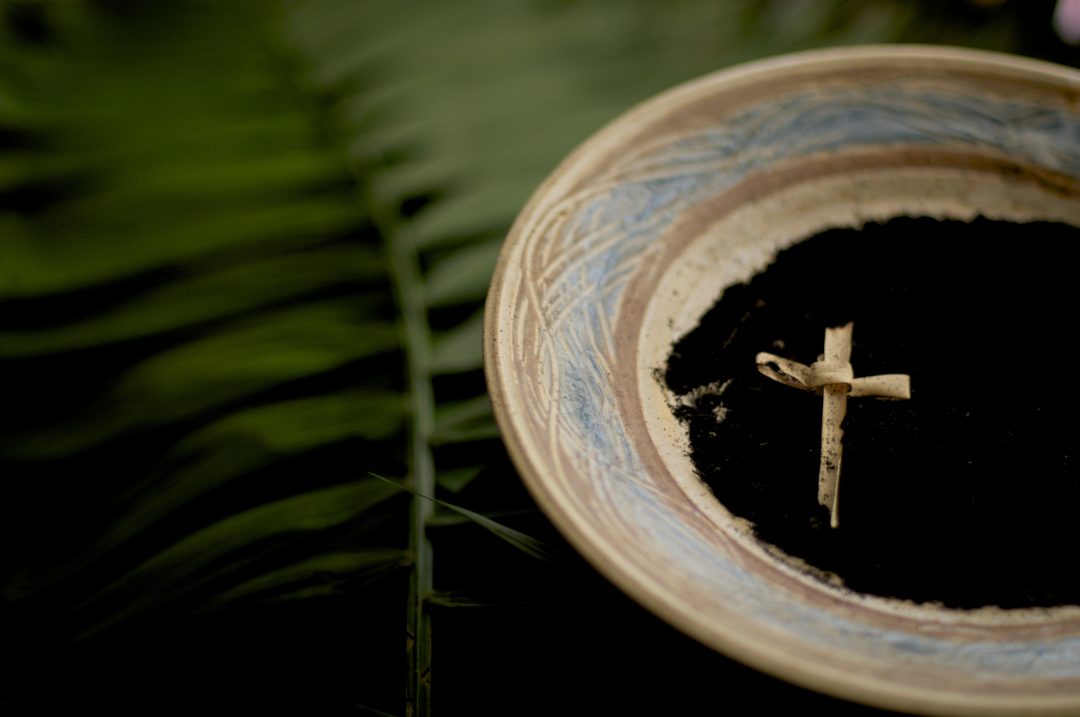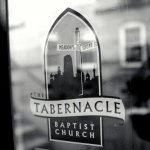March 13, 2025 ( pages 41–46)
We spend years trying to earn love—or at least, something that feels like it. We wear masks, curating versions of ourselves to gain approval. We achieve, perform, shape our identities around what will make us worthy in the eyes of others. But beneath the surface, a quiet fear lingers:
If they see all of me, will I still belong?
Nadeau wrestles with this tension, reflecting on the ways he spent his life trying to secure love: through success, usefulness, becoming exactly what others needed him to be. He thought he understood love. He believed in it. He knew, intellectually, that God loved him. But there’s a difference between knowing something in your head and letting it reshape your heart.
And when the carefully constructed mask—the one that made sure he was respected, sought after, admired—began to crack, a deeper question emerged:
Am I loved, truly loved, apart from what I do, apart from what I present?
He’s not alone in this struggle.
I would imagine the rich young ruler and the woman at the well both carried a weight they could no longer hold. Both were isolated, but from opposite corners—one less obvious than the other.
The ruler approached Jesus full of confidence, certain that he had done everything right. He wanted confirmation, assurance that he was on the right track. Jesus looked at him—loved him—and invited him to be free (Matthew 19:16-22, MSG).
The woman came to the well alone, burdened by her past, expecting nothing but silence. But Jesus saw her completely, naming the truth she thought she had to hide—and inviting her into freedom (John 4:1-26, MSG).
She knew she needed to be free. He didn’t yet realize he was in a self-made cage.
One walked away, unwilling to release the life he had built. The other ran toward her village, proclaiming, “Come and see!”
Maybe the difference wasn’t in how much they had to let go. Maybe it was in how much they were willing to trust that they were already loved.
And that’s the great truth: Jesus knows who we are through and through—even the parts of ourselves we don’t yet acknowledge, even the parts we try to hide from the world. And still, we are fully cherished.
“People change when they are cherished.”
– Gregory Boyle
Not when they impress. Not when they get everything right. Not when they finally become the person they think they’re supposed to be.
We don’t transform by performing. We transform by surrendering to love.
Some of us have known what it is to be lost, only to realize we have been found. Others may still be searching, wondering if they ever will be. The invitation remains the same.
Let yourself be loved.
I Wonder…
- I wonder how much of my life has been spent trying to earn love rather than receive it?
- I wonder if I have mistaken admiration for belonging?
- I wonder what it would feel like to be fully seen and still cherished?
- I wonder where I am resisting love?
- I wonder how God is inviting me to let go of the mask and step into freedom?
This Reflection is Part of a Lenten Journey
This Lent, we’re making space for something deeper—reading Room for Good Things to Run Wild by Josh Nadeau. No book club, no meetings—just a daily invitation to reflect, in whatever way feels right for you.
Learn more, access the reading calendar, and join the journey here: https://www.tbcrichmond.org/an-invitation-to-reflect-a-lenten-journey-together/
More about the book and author: https://a.co/d/45D382Y

